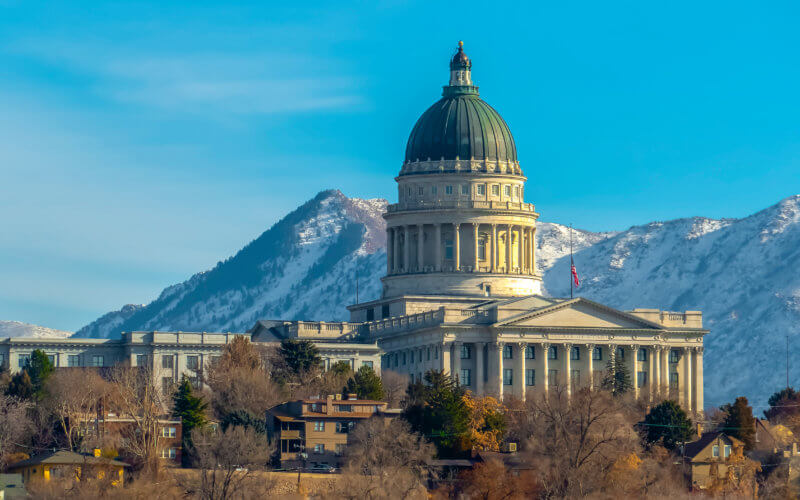
What are the threats to voting rights and the integrity of elections? How much power should state legislatures, and not state courts, have over regulating or controlling federal election rules?
“That was formerly a fringe theory, but it’s now becoming increasingly supported,” said Rob Robinson, Cal State Fullerton associate professor of political science. “Constitutional authorities point to the elections clause that states, ‘The times, places and manner of holding elections for senators and representatives, shall be prescribed in each state by the legislature thereof, but the Congress may at any time by law make or alter such regulations.’ The presidential electors’ clause states, ‘Each state shall appoint, in such manner as the legislature thereof may direct, a number of electors.’
“This theory is dumb,” Robinson explained. “First, why would the framers allow states to ignore their own constitutions? This is contrary to the checks and balances of our system. James Madison and the other framers distrusted state legislatures. That’s why Congress has the power to override state law. When we read ‘Congress shall pass no law….’” we understand the First Amendment limits the president as well as Congress, even though the text only refers to Congress.
For instance, redistricting is generally the domain of legislatures, not courts and some supporters argue the framers would not have seen a strong role for courts in this area.
These kinds of arguments and cases have shown up before and are increasingly supported by conservative justices.
“If I had to guess, I’d say the justices who would be in favor of ISLT would include Thomas, Gorsuch, Alito and probably Roberts (based on his past rulings),” said Robinson. “I’d put Kavanaugh in the maybe category. Barrett is unknown. Kagan and Sotomayor would not be in favor and probably Jackson. But again, she’s new so I’m not sure.”
The case to watch is Moore v. Harper, which will come up for oral arguments before the Supreme Court on Dec. 7. Essentially, the case involves new legislative maps drawn by North Carolina’s Republican legislature. Democrats and some interest groups challenged the map as violating the state constitution. The North Carolina Supreme Court agreed, and struck down the map. The North Carolina legislature responded by proposing a second gerrymandered map. So now, the case will go before the Supreme Court.
What are the possible outcomes?
If the court accepts this theory, it must either absolutely privilege state legislatures over other branches of the state government, or create a test to determine when the state courts have infringed on legislative power. This test would likely be unwieldy and hard to apply.”
Possible impacts, Robinson said, could include pouring gas on the fire. It creates chaos with different rules for state and federal elections.
“You can’t change laws after the election, but it could impact how secretaries of state may interpret regulations. States could ignore their own constitutional protections, such as a right to secret ballot, preventing racial discrimination, allowing voting by mail, etc. Legislatures could abolish initiative-created redistricting commissions, so nobody could review gerrymandering. Also, would governors have veto power on election laws?
“My guess is that the Independent State Legislative Theory will get five votes.”